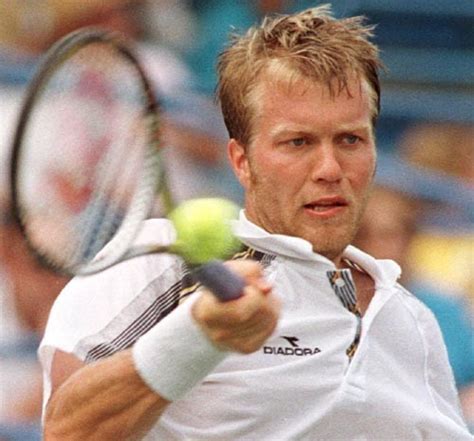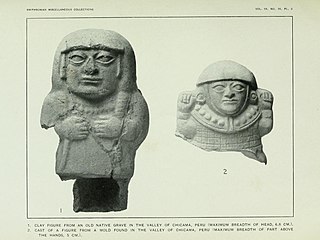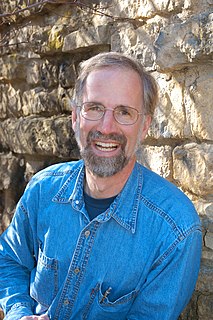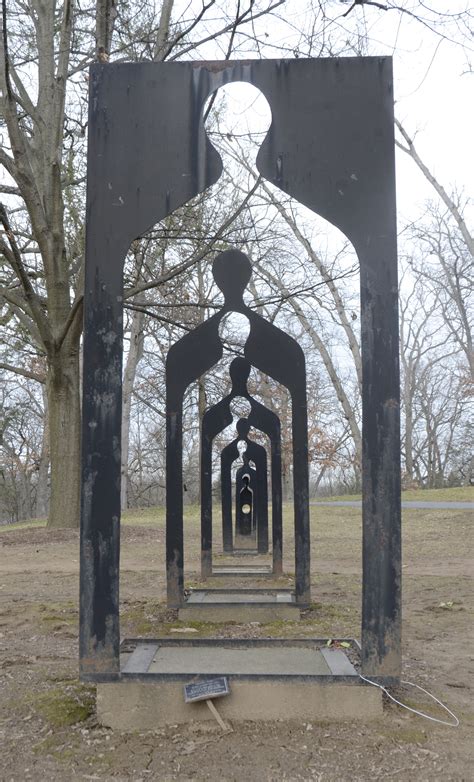A Quote by Magnus Larsson
Rather than just mimic processes in nature, I think we can harness the powers of nature itself and allow it to help us create. That, in a way is what the 'Dune' project is all about.
Related Quotes
Nature is seen by humans through a screen of beliefs, knowledge, and purposes, and it is in terms of their images of nature, rather than of the actual structure of nature, that they act. Yet, it is upon nature itself that they do act, and it is nature itself that acts upon them, nurturing or destroying them.
Just do two things: meditate, watch your thought processes; become just a spectator of your mind. That is meditation, becoming a witness. And second: follow the law, follow the natural course. Don't be unnatural, don't try to fight with nature - stop being a fighter. Learn how to relax with nature, learn to let go. Flow with nature, allow nature to possess you totally.
The study of Nature is intercourse with the highest mind. You should never trifle with Nature. At her lowest her works are the works of the highest powers, the highest something in the universe, in whichever way we look at it... This is the charm of Study from Nature itself; she brings us back to absolute truth wherever we wander.
Has nature connected itself together by no bond, allowed itself to be thus crippled, and split into the divine and human elements? Well! there are certain divine powers of a middle nature, through whom our aspirations are conveyed to the gods, and theirs to us. A celestial ladder, a ladder from heaven to earth.
Prayer is not a way to get what we want to happen, like the remote control that comes with the television set. I think that prayer may be less about asking for the things we are attached to than it is about relinquishing our attachments in some way. It can take us beyond fear, which is an attachment, and beyond hope, which is another form of attachment. It can help us remember the nature of the world and the nature of life, not on an intellectual level but in a deep and experiential way. When we pray, we don't change the world, we change ourselves. We change our consciousness.
I think the most common meme is that it's too difficult to change. It's too risky to change. My nature doesn't allow me to change. When you're thinking that, you're not understanding what your nature is. All of us come from this place of well-being, love, and kindness. But we've taken on these other things, and we think that they're our nature. Our nature really is to be like God.
Nature consists of facts and of regularities, and is in itself neither moral nor immoral. It is we who impose our standards upon nature, and who in this way introduce morals into the natural world, in spite the fact that we are part of this world. We are products of nature, but nature has made us together with our power of altering the world, of foreseeing and of planning for the future, and of making far-reaching decisions for which we are morally responsible. Yet, responsibility, decisions, enter the world of nature only with us
At a time when threats to the physical environment have never been greater, it may be tempting to believe that people need to be mounting the barricades rather than asking abstract questions about the human place in nature. Yet without confronting such questions, it will be hard to know which barricades to mount, and harder still to persuade large numbers of people to mount them with us. To protect the nature that is all around us, we must think long and hard about the nature we carry inside our heads.






































